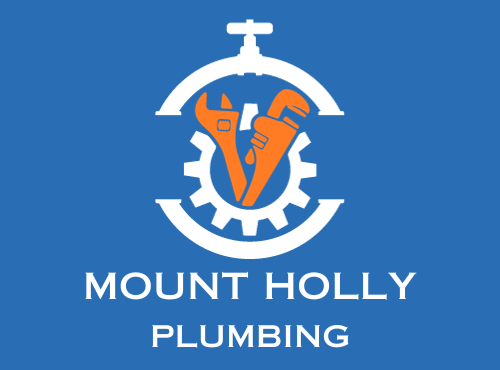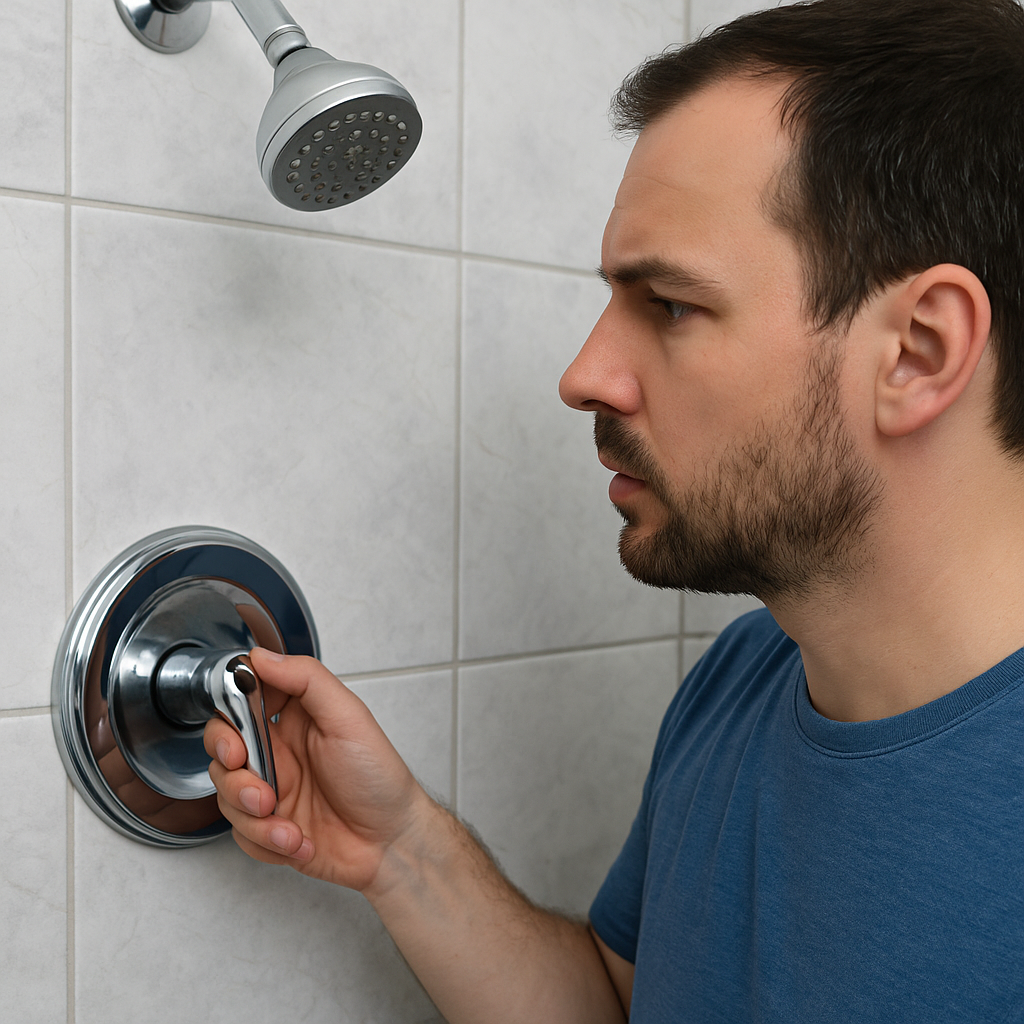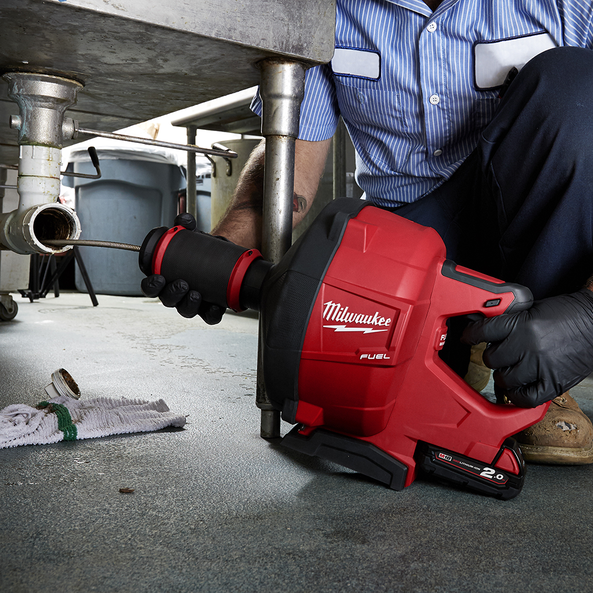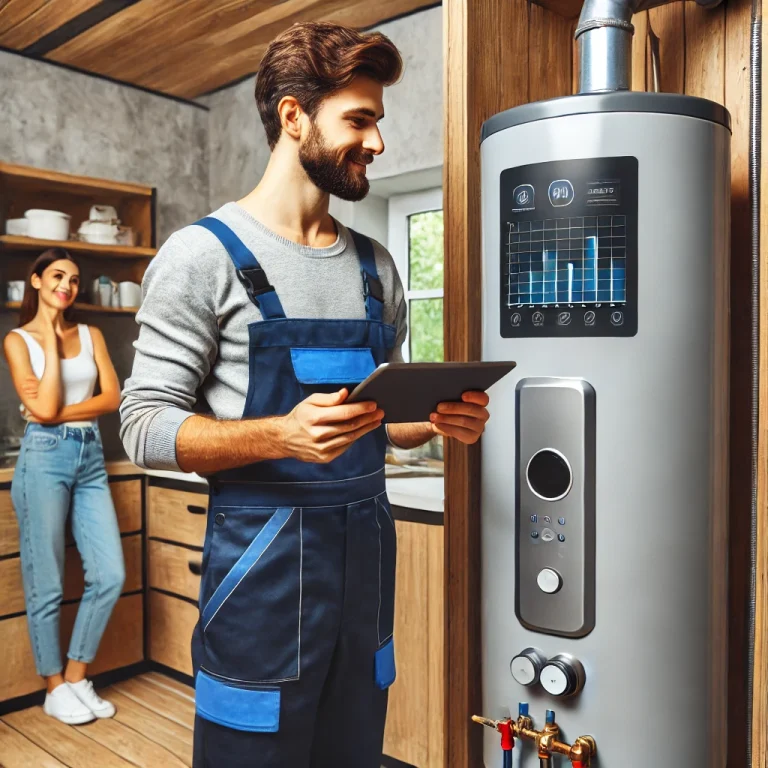What Causes Low Water Pressure In Mount Holly Homes
Few things are more frustrating than low water pressure. Whether you’re trying to take a shower, do laundry, or wash dishes, poor pressure can make every chore more time-consuming and less effective.
If you’re noticing a persistent drop in water pressure in your home—especially here in Mount Holly, NC—you’re not alone. Here’s what might be behind it and how to fix it.
1. Old or Corroded Pipes
In many older North Carolina homes, plumbing systems were built with galvanized steel pipes. Over time, these pipes corrode from the inside out, reducing the internal diameter and slowing water flow to a trickle.
Signs of corroded pipes include:
Brown or rusty water
Frequent leaks
Low pressure at multiple fixtures
The only real solution? A pipe replacement—typically with long-lasting materials like copper or PEX. If your home was built before the 1980s, this could be your main issue.
2. Hidden Leaks
You don’t need water pooling under the sink to have a leak. Hidden leaks behind walls, under floors, or underground can quietly siphon off water pressure and waste gallons daily.
You may have a hidden leak if you notice:
A sudden drop in pressure
Higher-than-normal water bills
Moldy smells or damp drywall
Leak detection requires specialized equipment to locate and fix the problem without unnecessary damage to your home.
3. Failing Pressure Regulator
Many homes have a pressure-reducing valve (PRV) installed where the main water line enters the house. This valve keeps water pressure from getting too high—but when it malfunctions, pressure can swing too low or too high unpredictably.
Symptoms of a bad PRV include:
Water that starts strong and drops off quickly
Inconsistent pressure at different times of day
Pressure issues in all parts of the house
If your PRV is the culprit, our licensed plumbers can replace it quickly to stabilize your water flow.
4. Mineral Buildup From Hard Water
Hard water is a reality in many parts of North Carolina. Over time, calcium and lime deposits form inside your plumbing system, especially around fixtures like showerheads and faucets.
Clogs from mineral buildup can restrict flow and create stubborn pressure problems that get worse year by year. If you’re cleaning out showerheads more often or noticing white buildup, this might be the issue.
Solution: Consider installing a whole-home water softener or having fixtures professionally cleaned or replaced.
5. Municipal Water Supply Issues
Sometimes the problem has nothing to do with your home’s plumbing. If the city is performing maintenance, flushing lines, or dealing with a broken water main, it could affect your pressure—temporarily or in certain time blocks during the day.
To check if this is the case:
Ask your neighbors if they’re seeing the same issue
Call the local water utility
Look for public notices about nearby water work
If it turns out to be an external problem, there’s not much you can do—other than wait it out or install a pressure-boosting system in your home for long-term peace of mind.
6. Shared Water Lines
In older neighborhoods, multiple homes may be tied to the same water main. During peak usage—think mornings and evenings—everyone is pulling from the same source, which can tank your pressure.
This is especially noticeable if:
Your pressure drops at the same time every day
It improves noticeably late at night or midday
You live in a dense or historic neighborhood
A professional plumbing evaluation can identify if a pressure-boosting pump or dedicated supply line is a good solution for your home.
7. Clogged Fixtures or Valves
Sometimes the issue is hyper-local. A clogged aerator in your faucet, a stuck shutoff valve, or debris in a pipe can affect just one or two fixtures.
Quick DIY steps to try:
Unscrew and clean faucet aerators
Check shutoff valves to ensure they’re fully open
Flush sediment from your water heater
If one fixture is affected while the others are fine, it’s likely a localized issue. But if pressure is low across the house, it’s time to call a professional.
How Mount Holly Plumbing Can Help
Our team at Mount Holly Plumbing has years of experience diagnosing and fixing pressure problems in homes across Gaston County and the surrounding areas. We’ll:
Inspect your plumbing system from top to bottom
Test water pressure at the main line and fixtures
Use leak detection tools if needed
Recommend practical, long-term solutions
We never push unnecessary upgrades—we just want your water to work the way it should.
Don’t Tolerate Low Water Pressure
You use your plumbing system every day. If your water pressure has dropped, don’t wait. What seems like a minor annoyance could point to a much bigger problem underground or behind your walls.
Call Mount Holly Plumbing today to schedule a pressure check or full system inspection. We’ll help you find the problem and get the steady, reliable water flow your home deserves.



